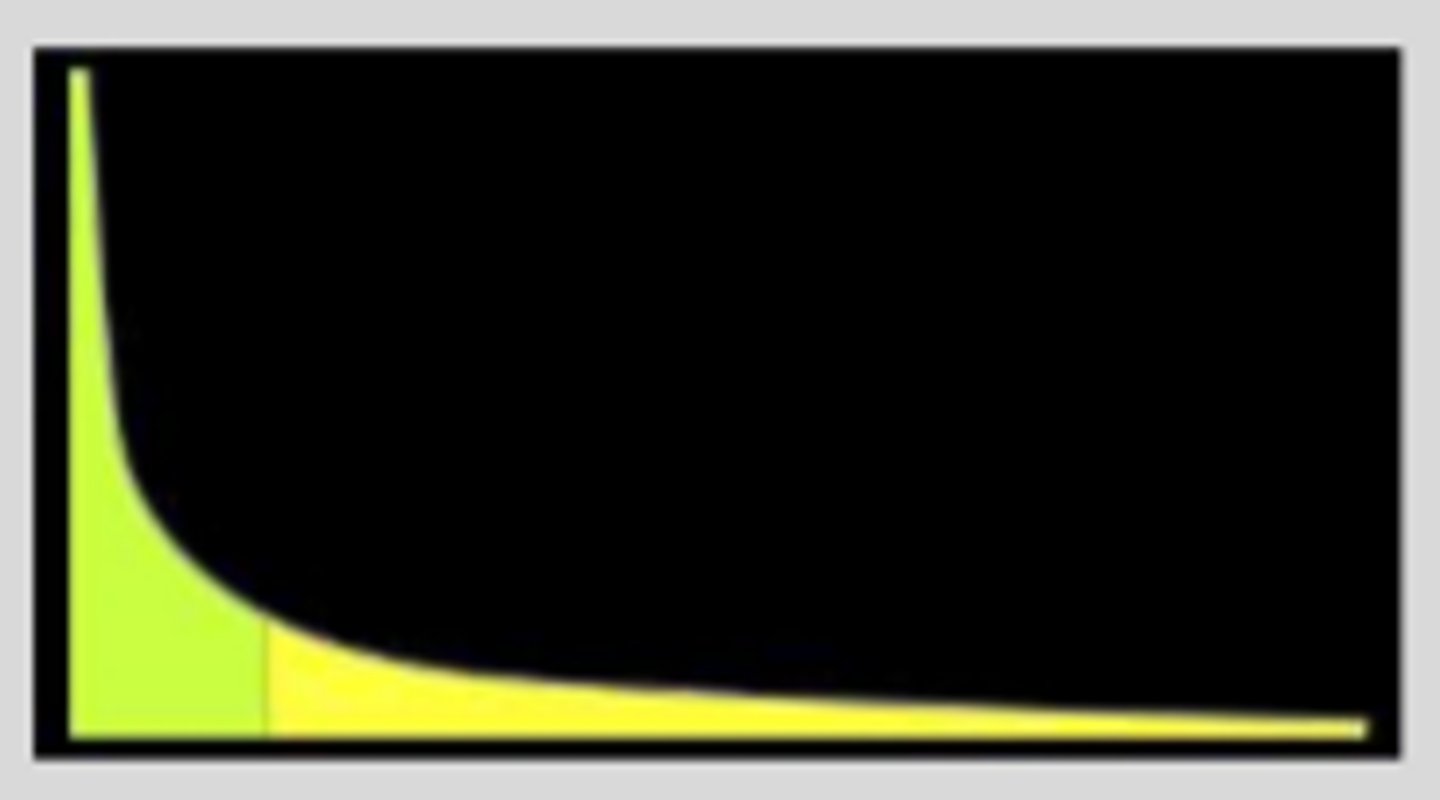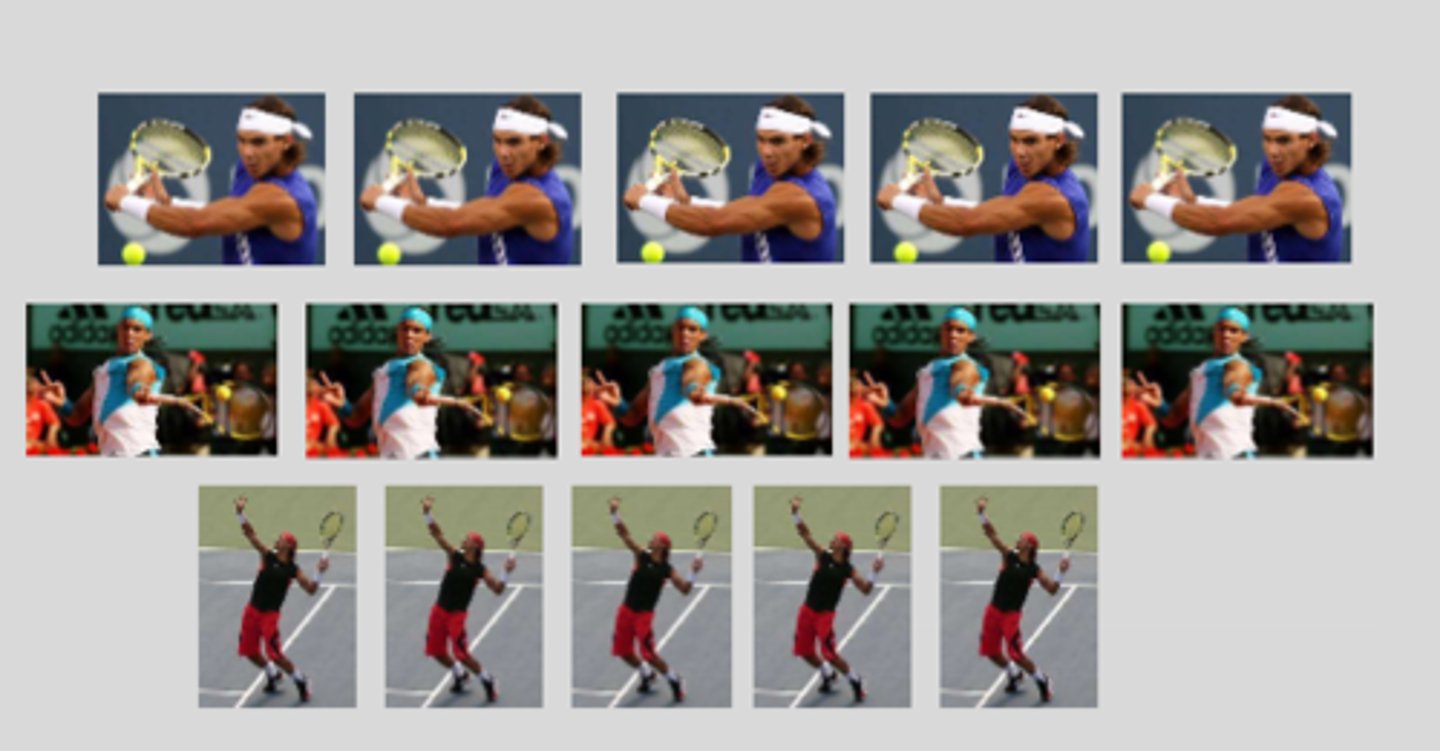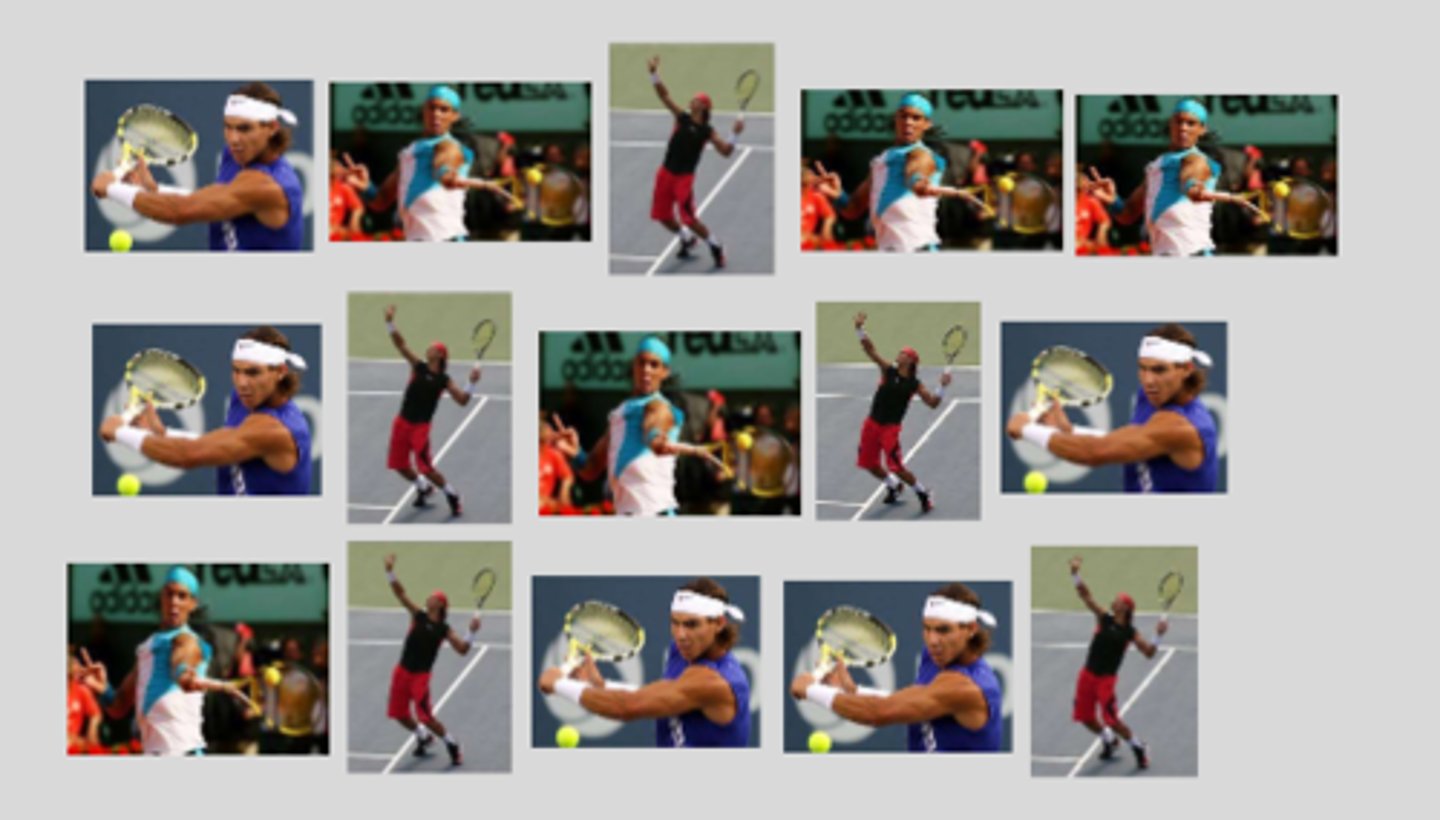Motor Learning
1/57
There's no tags or description
Looks like no tags are added yet.
Name | Mastery | Learn | Test | Matching | Spaced |
|---|
No study sessions yet.
58 Terms
motor learning
the study of the acquisition and/or modification of movement
- set of processes associated with practice or experience leading to relatively permanent changes in the capability for producing skilled action
*at any age
**focuses on the understanding of how new movement is acquired (process)
KEY CONCEPTS:
- it's a process
- end-product of sufficient practice/experience
- cannot be measured...only inferred
- produces relatively permanent change in motor capability
motor control
study of the nature and control of movement
*focuses on understanding the control of movement already acquired
**ability to regulate or direct the mechanisms essential to movement
- plan
- execute
- modify
motor development
study of the acquisition, improvement, and control of motor skills across the lifespan
recovery of function
reacquisition of movement lost secondary to injury
plan, execute, adapt/modify
What are the 3 primary functions of motor control?
individual, task, environment
Motor control of a specific movement is dependent on what 3 things?
HINT: venn diagram
motor control (venn diagram)
1. individual
- cognition
- perception
- action
2. task
- mobility
- stability
- skill
3. environment
- regulatory
- non-regulatory
individual (motor control)
COGNITION
- attention
- planning
- problem solving
- motivation
PERCEPTION --> the integration of sensation into meaningful information
sensation + integration
- feed-forward and feedback
ACTION--> movement itself as well as the mover's relationship with the action
task (motor control)
MOBILITY
STABILITY
SKILL
*important for progression in treatment planning
environment (motor control)
REGULATORY--> something that needs to be attended to to help shape movement
(ex. size of ball being thrown)
NONREGULATORY--> something that might affect the task performance, but movement does not need to be shaped around
(ex. color of ball being thrown)
explicit, implicit
What are the 2 forms of long term memory?
explicit memory
declarative
ability to remember factual knowledge
TYPES OF PROCESSING:
1. encoding
2. consolidation
3. storage
4. retrieval
encoding, consolidation, storage, retrieval
What are the 4 types of explicit memory processing?
encoding
EXPLICIT MEMORY PROCESSING
requires attention, motivation, and ability to associate it meaningfully
consolidation
EXPLICIT MEMORY PROCESSING
process of making information stable, results in changes in neurons
storage
EXPLICIT MEMORY PROCESSING
long term retention
retrieval
EXPLICIT MEMORY PROCESSING
recall
implicit memory
nondeclarative
SUBTYPES:
- nonassociative
- associative
- procedural
nonassociative learning
IMPLICIT MEMORY
responding after repeated exposure to a single stimulus or event
1. habituation --> decrease in responsiveness that occurs as a result of repeated exposure to a nonpainful stimulus
(ex. feeling of wearing underwear)
- vestibular rehab
- tactile defensiveness
2. sensitization--> increase in responsiveness following a threatening or noxious stimulus
associative learning
IMPLICIT MEMORY
learning that certain events occur together (relationship prediction)
1. classical conditioning
--> relationship of one stimulus to another
(ex. Pavlov's dogs) (INVOLUNTARY BEHAVIORS)
2. operant conditioning
--> relationship between one's behavior and a consequence
(ex. typical dog training) (VOLUNTARY BEHAVIORS)
ASSOCIATED WITH:
- cerebellum, deep cerebellar nuclei
(for movement conditioning)
- amygdala
(adaptation involving emotion)
- lateral dorsal premotor areas of cortex
(for associating sensory with movement)
procedural learning
IMPLICIT MEMORY
learning tasks that can be performed automatically without attention/conscious thought
*slowly through repetition
**does NOT require awareness, attention, or other cognitive processes
(focus on task actually causes breakdown of movement)
ASSOCIATED WITH:
- basal ganglia
freezing vs choking
immediately
Motor performance is improvement in motor skill _________________ following practice/experience.
permanent change
Motor learning results in relatively ________________ ______________ in motor skill.
*true learning needs to be measured during retention or transfer tests
retention test
test of a practiced skill that a learner performs following an interval of time after practice has ceased
*can person continue to perform skill at a certain level over time?
transfer test
test in which a person performs a skill that is different from the skill he or she practiced or performs the practiced skill in a context or situation different from the practice context or situation
*can things be learned in one skill be applied to another skill?
ecological theory, fitts and posner three-stage model, systems three-stage model
What are the 3 theories of motor learning?
ecological theory
THEORY OF MOTOR LEARNING
practice is about searching for the best perceptual cues (filter and focus)
- establish the goal
- provide feedback
*search for best motor strategy and refine representation of movement
action-perception loop
establishing a goal (mental representation), providing feedback (knowledge of performance and results)
What are the 2 roles of perceptual cues?
mental representation
the ability to form internal images of actions
- experience
- verbal direction
- demonstration
feedback
1. knowledge of performance
(DURING task)
2. knowledge of results
(AFTER task)
fitts and posner three-stage model
set of theories that look at learning over time and how the process changes as a learner becomes more proficient
*acknowledges that learning changes as the learner changes
1. Cognitive Stage
2. Associative Stage
3. Autonomous Stage
cognitive stage
Fitt's first stage of motor learning
getting the idea of the movement
*high cognitive load (lots of thinking about movement)
**trial and error
***performance is variable, but improvements are rapid
associative stage
Fitt's second stage of motor learning
have chosen the best strategy but need to refine it
*decrease in cognitive load
**improvement is possible but is slower (longest stage)
PRACTICE, PRACTICE, PRACTICE
autonomous stage
Fitt's third stage of motor learning
stage of automaticity
*low degree of attention necessary
**can multitask
***asking expert to focus on movement can interfere w/ performance
Systems Three-Stage Model
based on Bernstein's systems model of motor control which emphasizes controlling DOF as "goal" of motor learning
1. Novice stage
2. Advanced stage
3. Expert stage
novice stage
Systems Three-Stage Model STAGE #1
restriction or "freezing" of DOF in attempt to simplify movement
simplification = reduced efficiency, reduced flexibility
*movement is jerky with decreased fluidity due to fixing of agonists/antagonists
advanced stage
Systems Three-Stage Model STAGE #2
DOF are "released"
co-contraction is reduced and is replaced by functional synergies
*movement is more fluid and adaptable to environmental constraints
expert stage
Systems Three-Stage Model STAGE #3
all DOF necessary for task are "free"
MOVEMENT IS:
- more adaptable and flexible to changing environmental/task demands
- improved "understanding" of movement allows mover to take advantage of reactive phenomena of forces so active movement can be reduced
practice, feedback
All theories of motor learning acknowledge the powerful roles of _______________ and ________________ in motor learning.
practice
most important factor in acquiring and retaining motor skills
power law of ____________ = rate of improvement during any part of _____________ is linearly related (on a log scale) to the amount left to improve
*early improvement is more rapid

intrinsic feedback
information received from own being during movement
*from sensory systems as a result of normal movement production
extrinsic (augmented) feedback
sensory information provided by an outside source
(ex. from teacher)
*supplements intrinsic
**handling, facilitation, biofeedback
1. concurrent (during task = knowledge of performance)
2. terminal (after task = knowledge of results)
knowledge of results
feedback given after the movement
*terminal feedback
**about outcome of movement (success vs failure)
knowledge of performance
information relating to the movement and/or movement pattern
*can be provided during the movement or after the movement (concurrent or terminal)
practice conditions
- massed vs. distributed
- constant vs. variable
- random vs. blocked
- whole vs. part
massed practice
a session in which the amount of practice is greater than the amount of rest
*includes learning in a fatigued state
distributed practice
a session in which the amount of rest between trials is equal to or greater than the amount of practice
constant practice
same task under same circumstances
*yields better performance and retention, but poor transfer abilities
variable practice
same task under different circumstances
*yields inferior performance, but better transfer
blocked practice
practicing the same task across multiple repetitions then moving to another task
*novice stage of learning
(acquisition phase)
**shows better performance during practice

random practice
practicing the tasks in random order
*associative stage of learning
**better on tests of transfer and retention

whole vs part training
tasks can be practiced in their entirety or they can be broken up into their parts, with each part practiced separately
*no evidence on which is better
transfer practice
transfer skill/environment known--> practice task demands and environment as close as possible
skill/environment NOT known--> practice should be as variable as possible
mental practice
imagining performing the skill with no action involved
*mirror neurons
**vicarious learning
mirror neurons
frontal lobe neurons that some scientists believe fire when performing certain actions or when observing another doing so
*help us learn movement by observing others completing a task
vicarious learning
learning based on observation of others' completing a task
*want to watch a novice
guidance learning
aka therapeutic handling
useful in acquisition phase
*if used too long, it interferes with retention and transfer
**"muddles" the goal
discovery learning
decidedly useful for the developing child as it facilitates development of repertoire of movement
NO teacher involved
*may be frustrating for adults